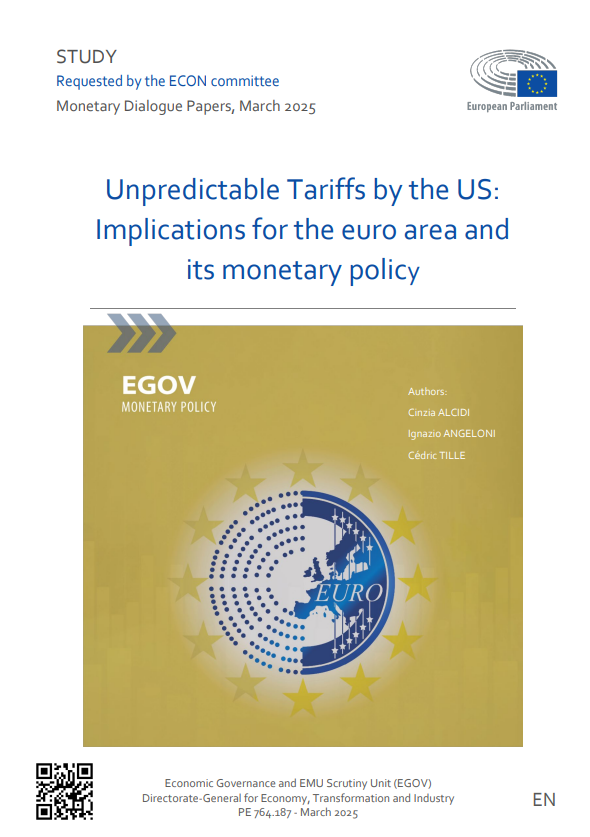Convergence has always been crucial to European integration, with even the Treaty of Rome listing amongst its priorities the reduction of differences and inequalities between the best and worst-performing regions. Over time, the concept of convergence has evolved from being a purely macroeconomic one to being much more multi-dimensional. This has occurred because of the deepening process of European integration over the past three decades, notably with the creation of the Single Market and the creation of the euro, as well as due to major crises, including the pandemic and the Great Recession.
In this Eurofound report, drafted primarily by the CEPS Economic Policy unit, new empirical evidence is presented on the state of convergence in the EU. It takes a multidimensional approach, looking at economic, social and institutional variables, to measure convergence at both national and regional levels in the EU between 2004 and 2019.
The study also examines the impact of the Covid-19 pandemic and compares it with the 2008–2012 economic crisis. The study goes on to assess the potential role of the EU Recovery and Resilience Facility (RRF) in accelerating convergence in selected Member States. The study concludes by exploring alternative options and instruments through which the EU could support upward convergence.












